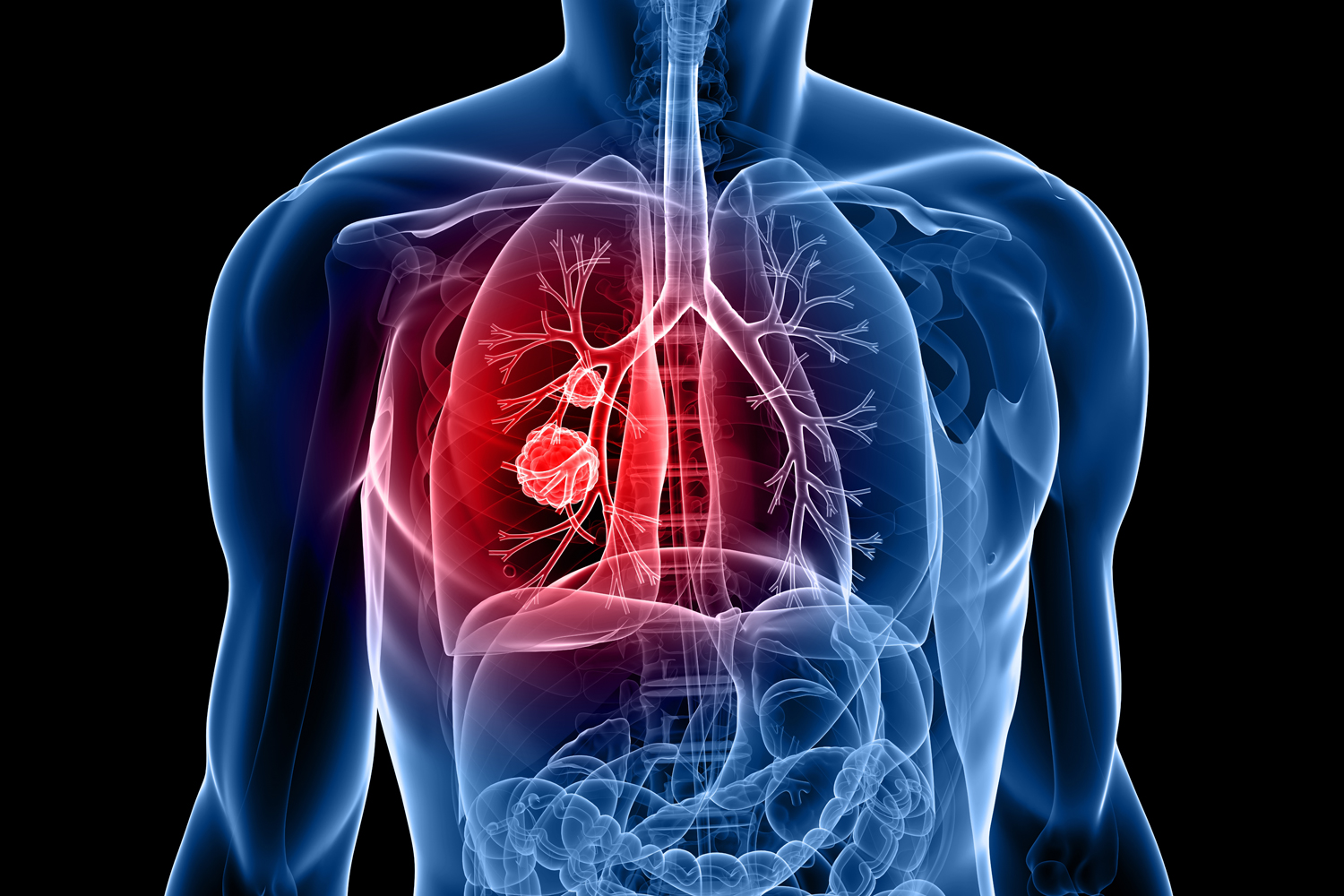Every week, the editors of Cancer Today magazine bring you the top news for cancer patients from around the internet. Stay up to date with the latest in cancer research and care by subscribing to our e-newsletter.
Real-world Data Add to Evidence That Lung Cancer Screening Saves Lives
Lung cancer screening was associated with lower cancer mortality and earlier stage at diagnosis in a new study, adding to the evidence that screening eligible people with low-dose CT scan saves lives. While randomized control trials have already established lung cancer screening’s effectiveness, the study published online June 10 in Cancer looked at real-world data to confirm the survival benefit of screening in the general population. Clinical trial participants differ from the general population in ways that can affect the applicability of trial findings in the real world. Using information from over 57,000 veterans with lung cancer, researchers found only 3.9% had ever received screening before their diagnosis, according to an article on AuntMinnie.com, a website for radiologists and other medical imaging professionals. Those who had been screened were nearly twice as likely to be diagnosed with early-stage disease as people who had never been screened (52% vs. 27%). Those who had been screened also had lower five-year cancer-specific and all-cause death rates. “We hope that the striking association between LCS [lung cancer screening], earlier stage diagnosis of lung cancer, and improved mortality spurs a more robust uptake of this life‐saving intervention into clinical practice,” the researchers wrote in the study.
Exploring the Role of COVID-19 in Rare Cancer Events
Scientists are examining potential links between COVID-19 infection and anecdotal accounts of unusual cancer events, according to a June 10 story in The Hill. Since COVID-19 reached the U.S. in early 2020, Kashyap Patel, the CEO of Carolina Blood and Cancer Care Associates in Rock Hill, South Carolina, has noted a rise in cases of rare cancers, people being diagnosed in short succession with multiple cancer types, and households with multiple people getting cancer. While Patel’s observations have yet to be found in published research, multiple studies are looking into possible links between COVID-19 infection, especially long COVID, and cancer, according to a June 6 article in the Washington Post. David Tuveson, director of the Cold Spring Harbor Laboratory Cancer Center in New York and a past president of the American Association for Cancer Research (AACR), told the Post there is no evidence the coronavirus directly causes cancer, but early results suggest infection could trigger an inflammatory response and exacerbate cancer growth. (The AACR publishes Cancer Today.) “COVID wrecks the body, and that’s where cancers can start,” Tuveson said, noting autopsies found prematurely aged tissue in people who died of COVID-19. But others are skeptical about a potential link. National Institutes of Health researcher John T. Schiller, who has studied cancer-causing viruses, said such infections typically stay in the body for a long period, while the body clears respiratory viruses, like the coronavirus, relatively quickly.
Carcinogen Level in ‘Cancer Alley’ Higher Than Previously Reported
Levels of a known carcinogen are up to 10 times higher than previously thought in the air along a stretch of Southeastern Louisiana, according to a new study. The chemical, ethylene oxide, is a gas used for fumigating spices and sterilizing medical equipment. Researchers from Johns Hopkins University in Baltimore used mobile labs to measure ethylene oxide levels in the air around Southeastern Louisiana, which is referred to as “Cancer Alley” due to the high level of pollution seen there. The region is home to a high density of petrochemical manufacturing sites, as well as several predominantly Black communities who face unusually high cancer incidence, according to the study published online June 11 in Environmental Science & Technology. The labs found levels of the gas were significantly higher than what the Environmental Protection Agency had previously reported, study co-author Peter DeCarlo, an environmental health and engineering professor at Johns Hopkins, told The Hill, in a June 11 article. He added that the results suggest the companies causing the pollution have underreported how much ethylene oxide they release, shortchanging the figure by a factor of between two and 10. “More cancers may be attributable to the exposure to the chemical,” DeCarlo said.
Cancer Today magazine is free to cancer patients, survivors and caregivers who live in the U.S. Subscribe here to receive four issues per year.





